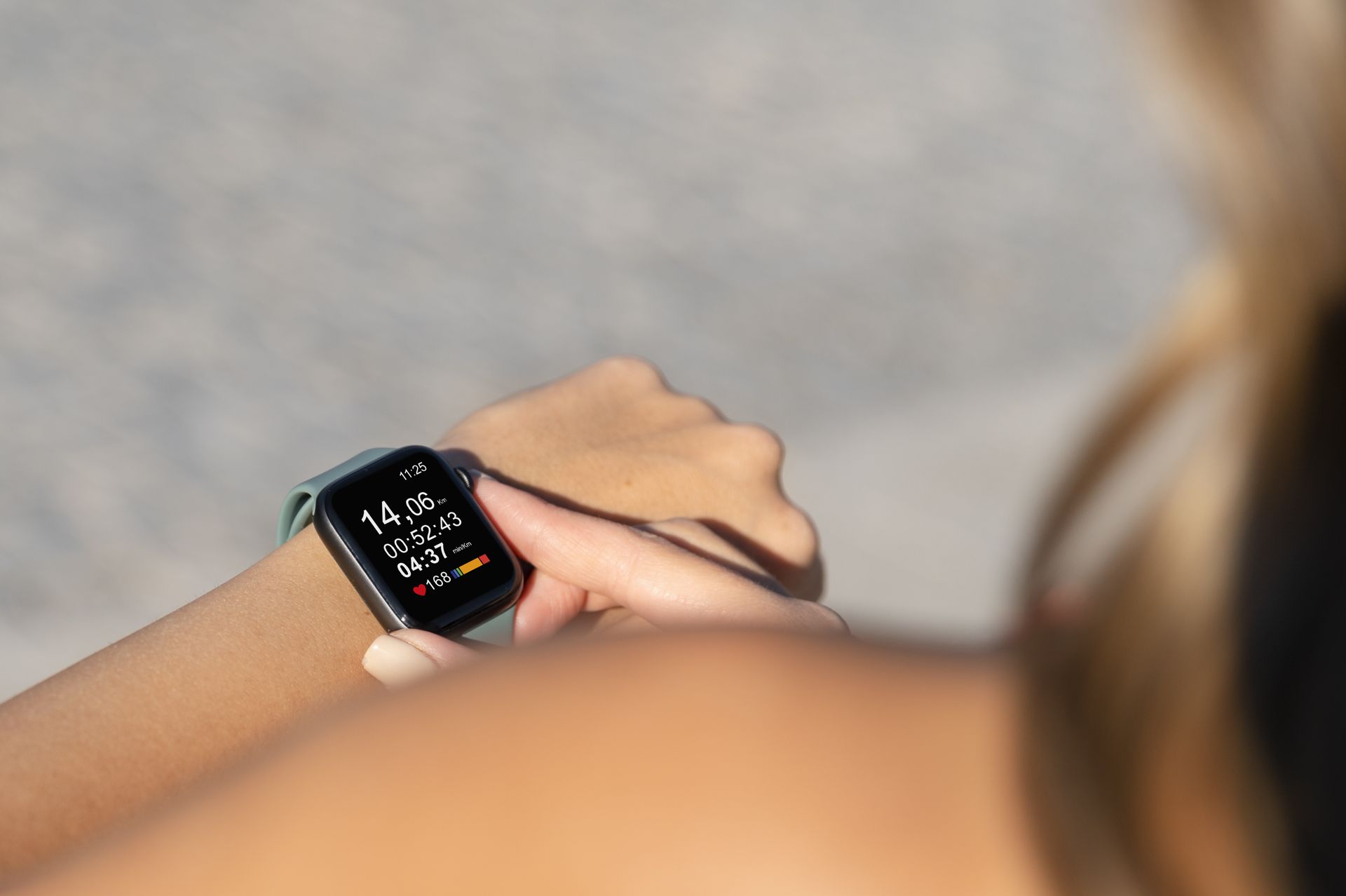Wearables, Skepticism and Data Privacy

If you’re like many people today, you probably have a smartwatch or a fitness tracker strapped to your wrist, finger or chest (if you are a professional athlete).
You probably use it to help you track everything from your heart rate to your sleep quality. These gadgets claim to empower us to take charge of our health. But apparently not everyone is on board with the wearable revolution. Inspired by a recent BBC article on the same topic, I say we dive into why some healthcare professionals are a bit skeptical about wearables and explore some ideas on how we can bridge that gap.

Before we delve into the concerns raised by healthcare professionals, it’s essential to consider the data privacy implications of using these devices. Wearables collect a vast amount of personal health data, which can include sensitive information about your physical activity, heart rate, sleep patterns, and probably other types of information that you are not even aware of. This data is often stored in the cloud and can be shared with third parties. As a user, it’s essential to do your research into how your data is handled, who has access to it, and for what purposes it is used. Understanding the privacy policies of the companies behind these devices can help you make informed decisions about your health data and its potential risks.
Now let’s see why some doctors are raising an eyebrow at our wearables. Accuracy seems to be the number one worry as doctors fear that not all the information gathered is reliable. For instance, a spike in heart rate during a workout could cause misinterpretation of the data and unnecessary panic for patients while doctors are hesitant to act on it without clinical validation. At the same time some healthcare professionals worry that patients might lean too much on their devices and skip out on regular check-ups or professional advice.
While the skepticism is partially justified, a collaborative scenario would also be conducive to a more personalized care. Understanding the patients’ daily health patterns would without a doubt lead to early detection of health issues, better management of their chronic conditions not to mention the reduced healthcare costs. However, this potential for improved care must be balanced with a commitment to data privacy. Patients should feel confident that their health information is secure and used responsibly. This means advocating for transparency from wearable manufacturers about how data is collected, stored, and shared.
All that considered, instead of viewing wearables as a threat why not see them as a complementary tool to traditional medical practices? Using data from these devices together with available research that supports their benefits would allow healthcare professionals to have a 360 degree view on the patients’ condition. In turn this would enable personalized care plans that reflect both clinical evidence all while ensuring that patient privacy remains a top priority.